In today's modern kitchens, the transition towards more efficient and precise cooking methods has led to a growing interest in induction cooktops. But with this shift, the question arises: Is cast iron cookware for induction use the right fit for professional kitchens? The answer is a resounding yes, and here's why.
Cast iron cookware offers unparalleled heat retention and distribution, making it a favorite among chefs for searing, frying, and even baking. Its compatibility with induction cooktops opens a world of possibilities for culinary experts seeking precision and efficiency. If you're curious about the mechanics of how induction cooktops work, you can explore more here.
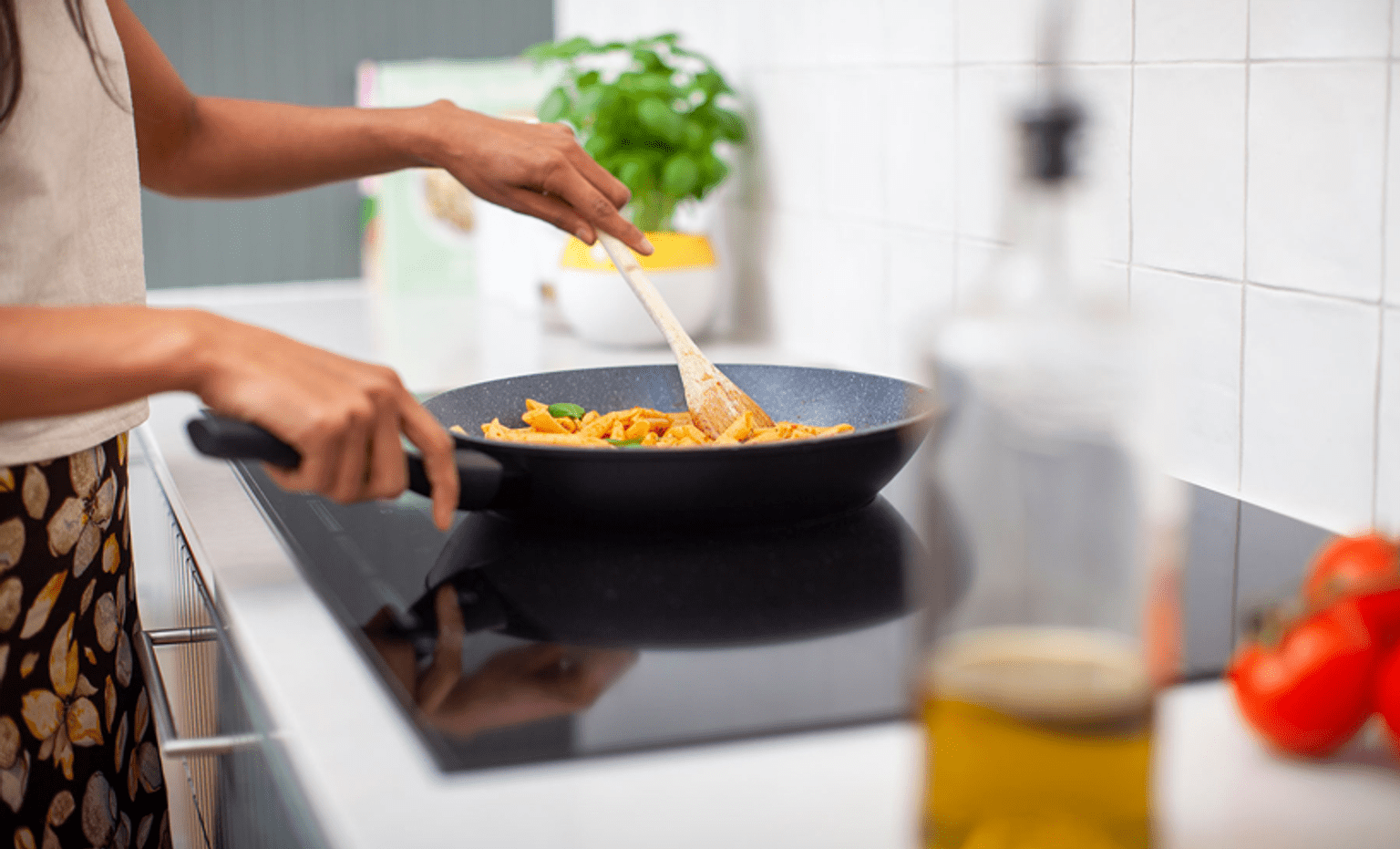
Understanding Induction Cooking and Its Benefits
Induction cooking works by using electromagnetic energy to directly heat pots and pans, rather than the cooktop surface. This results in faster heating times and greater energy efficiency. In a bustling kitchen environment, these benefits can be game-changers, allowing chefs to deliver meals more swiftly without compromising on quality.
Moreover, induction cooktops offer precise temperature control, a crucial feature for chefs who need to maintain consistency in their dishes. With cast iron's ability to hold heat evenly, pairing the two can result in perfectly cooked meals every time. For a deeper dive into how to use cast iron on induction, check out this detailed guide here.
Advantages of Cast Iron in Professional Kitchens
Durability and Longevity
Cast iron cookware is renowned for its durability. With proper care, a cast iron skillet can last a lifetime, making it a wise investment for professional kitchens. Its robust nature means it can withstand the rigors of a busy kitchen without warping or wearing out.
Versatility in Cooking
From stovetop to oven, cast iron is incredibly versatile. Whether you're searing a steak, baking a cornbread, or roasting a chicken, cast iron can handle it all. This versatility is especially beneficial in a professional setting, where space and resources are often limited.
To learn more about induction-friendly cast iron pans, you might want to read this article.
Flavor Enhancement
One of the unique qualities of cast iron is its ability to enhance the flavor of food. Over time, a well-seasoned cast iron pan develops a natural non-stick surface, which adds depth and richness to dishes. This characteristic is particularly cherished by chefs who aim to deliver unforgettable dining experiences.
Potential Drawbacks and Considerations
Weight and Handling
While the weight of cast iron is often seen as a mark of its quality, it can be cumbersome to handle, especially in a fast-paced kitchen. Chefs need to be cautious when moving heavy cast iron pans to avoid accidents.
Maintenance and Care
To maintain its non-stick properties and prevent rust, cast iron requires regular seasoning and care. This can be time-consuming, but many chefs find that the effort is worth the results. For tips on maintaining your cast iron, you can refer to this guide.
Conclusion: The Verdict on Cast Iron for Induction
In conclusion, the combination of cast iron cookware with induction cooktops offers numerous benefits for professional kitchens. The efficiency, precision, and flavor enhancement capabilities of cast iron make it a valuable asset for chefs looking to elevate their culinary creations. While there are some considerations to keep in mind, the advantages far outweigh the drawbacks.
For more insights into how cast iron works with induction, visit this resource.
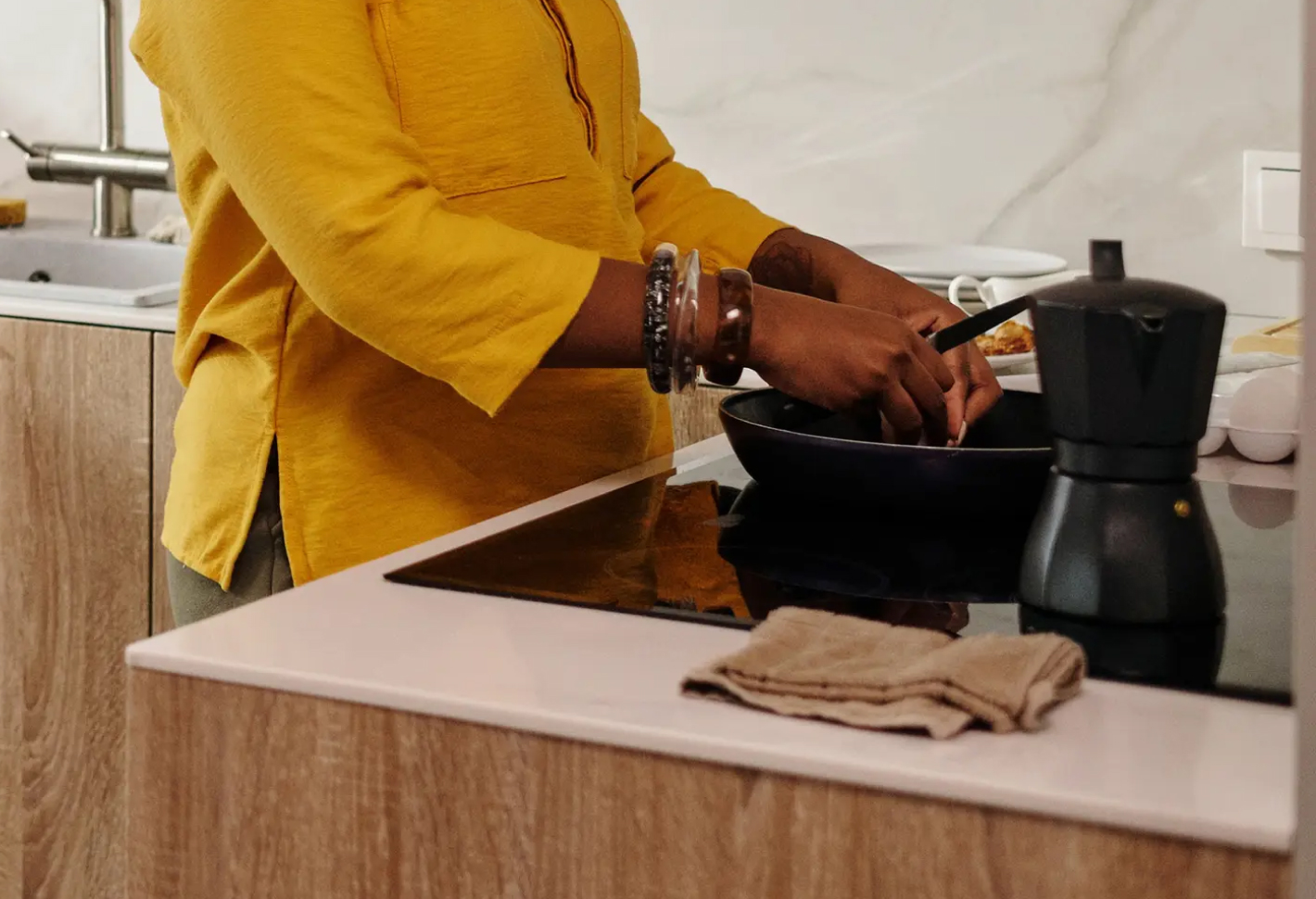
FAQs
Can cast iron damage an induction cooktop?
No, as long as you handle the cookware carefully, cast iron should not damage an induction cooktop. However, due to its weight, it's important to avoid dragging it across the surface.
Is cast iron the best option for all induction cooking?
While cast iron is excellent for many cooking tasks, it's not always the best choice for every dish. For tasks requiring rapid temperature changes, other materials may be more suitable.
How do I know if my cast iron cookware is induction compatible?
Most cast iron cookware is induction compatible due to its ferromagnetic properties. To be sure, you can use a magnet: if it sticks to the bottom of the pan, it's compatible.

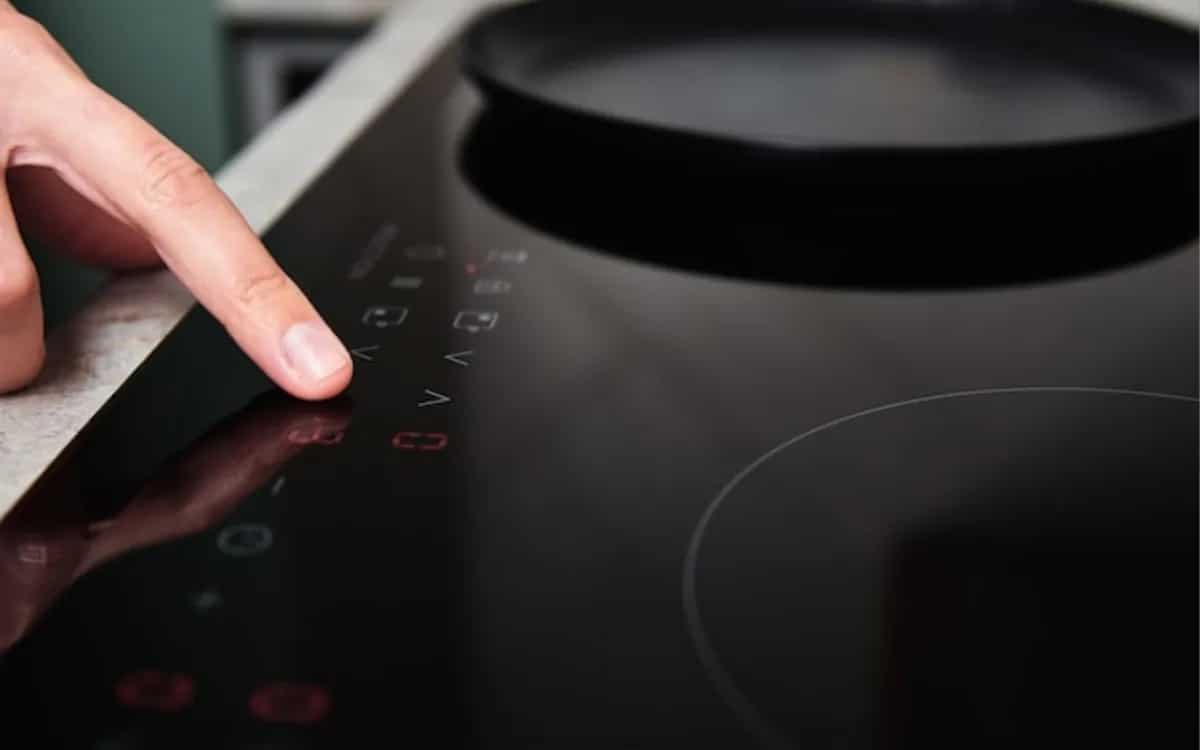


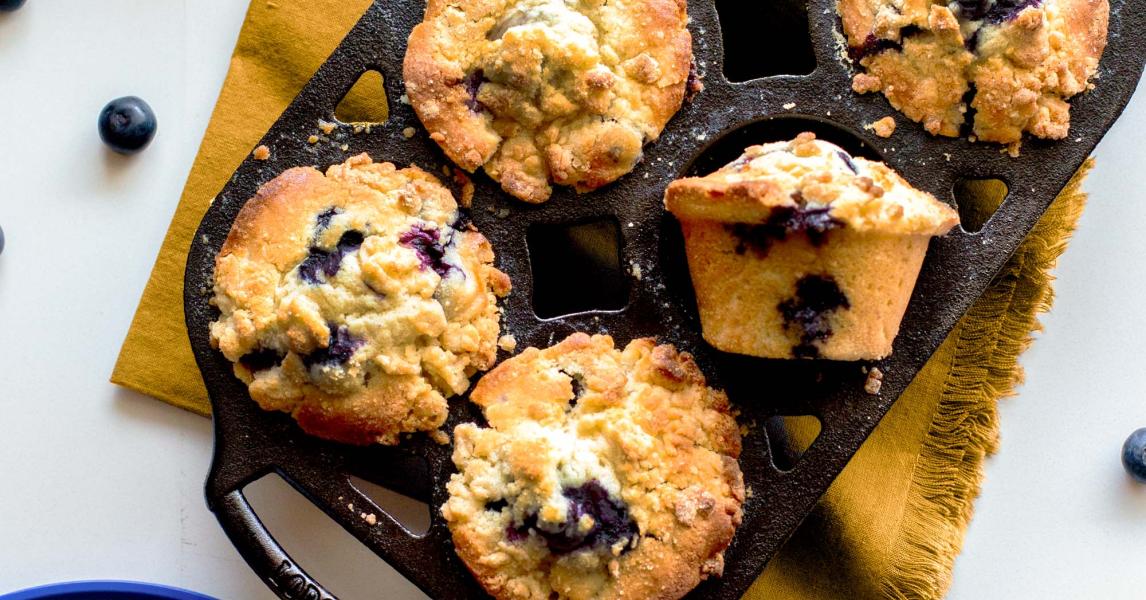
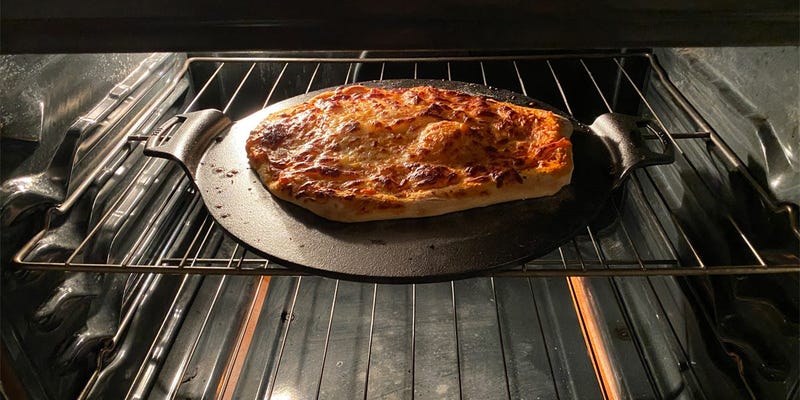
Leave a comment
This site is protected by hCaptcha and the hCaptcha Privacy Policy and Terms of Service apply.